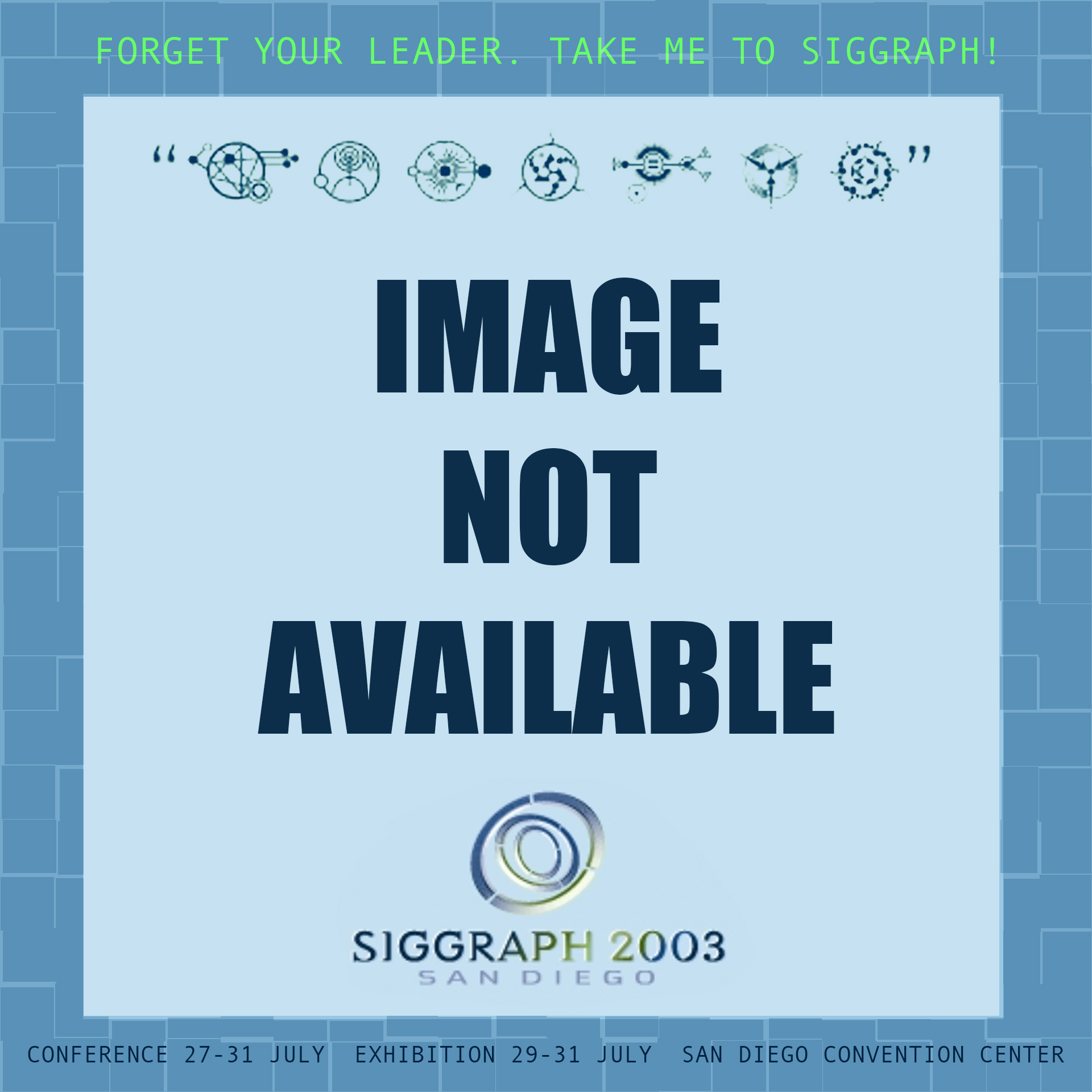“Game Development & Design: Curricular Changes” by Rocca and Buchanon
Conference:
Type(s):
Title:
- Game Development & Design: Curricular Changes
Presenter(s)/Author(s):
Abstract:
Electronic gaming has changed: What was a curiosity twenty years ago is now one of the most popular forms of entertainment for all age groups. Games are now an accepted, pervasive part of US and world culture. The new ubiquity of games demands that we understand them as commercial products, aesthetic objects, learning contexts and cultural phenomena. This, in turn, creates a demand for people to fill a variety of roles associated with the creation, consumption and analysis of games.
For gaming to have a healthy future, industry and academia must find or create new contributors with new goals, ideas and experiences. We believe that educators have the best chance of creating and fostering these new goals and ideas while industry brings to the table a vital experiential understanding of the realities of game development. Academia and industry must work together, then, if progress is to be made.
Schools have begun to recognize the cultural and academic relevance of games. In addition to their increasing presence in the fabric of student life, games are rapidly evolving – diversifying and broadening their role as a communication medium. As universities design academic programs for the critical analysis of games and begin researching related interactive entertainment technologies, they see the value of including industry veterans in their plans.
The International Game Developers Association’s Education Committee, comprised of both developers and academics, has been working on a curriculum framework and set of guidelines to aid in the development of game-oriented curriculum. During this session, the IGDA will present its work to date, as a starting point for discussing the challenges that academics face. The goal is to outline these challenges and barriers, with discussion directed towards uncovering opportunities and effecting positive outcomes.
As a starting point here are some of the guiding principles used in the IGDA’s work:
– Gaming is an Interdisciplinary Field: Curricula should present a wide range of topics encompassed by the acts of game creation, analysis and criticism. We strongly advocate cross-disciplinary study in any game-related course or curriculum.
– Analysis, Practice and Context are Equally Important: Game development students must be exposed to analytical, practical and contextual materials.
– Our Work is not Vocational but is Career-Oriented: The IGDA is focused not on churning out developers, per se, but on turning out well-rounded students of gaming, some of whom will no doubt choose to become developers.




